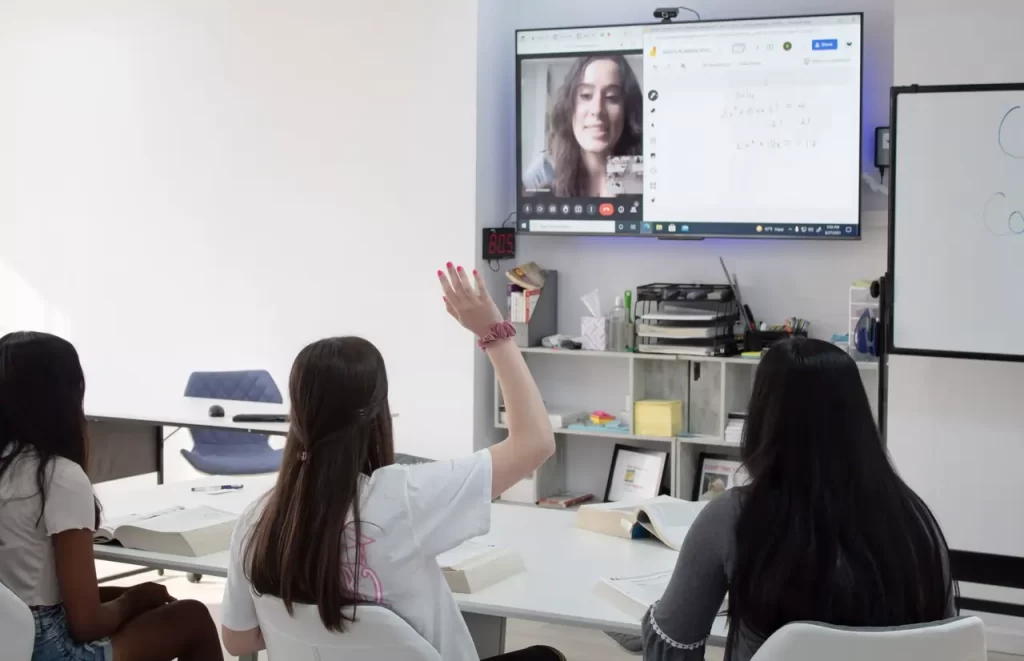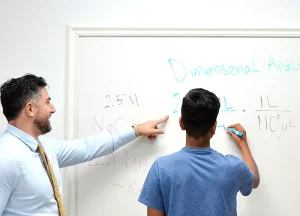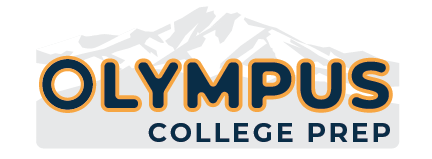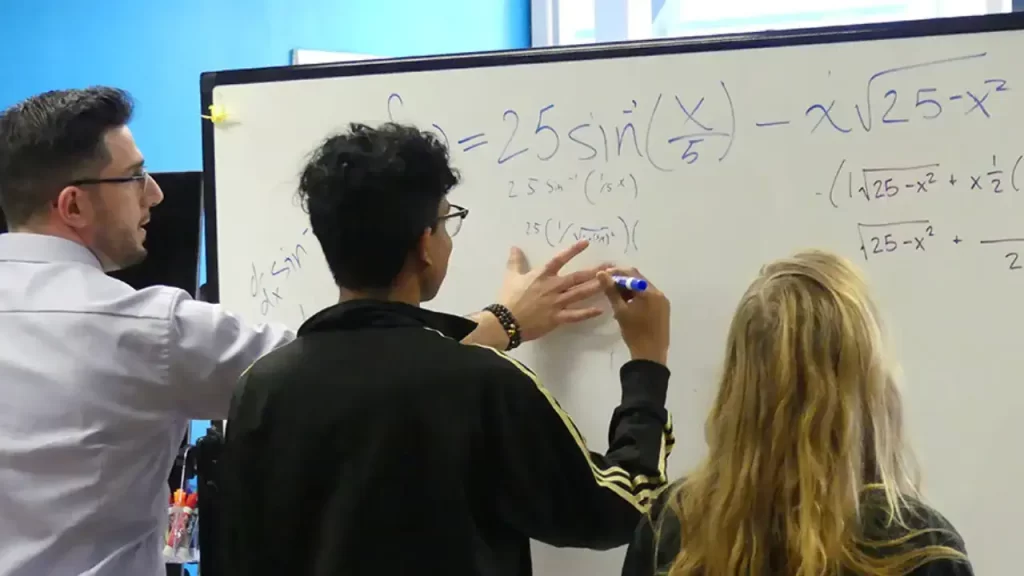
Are College Prep Courses Worth It? Pros and Cons Explained
19 May 2025
What Are College Prep Courses and Who Needs Them?
College prep programs are specially designed classes or tutoring services that help students meet and exceed college admissions requirements. These courses often cover subjects like SAT/ACT preparation, advanced writing, and STEM subjects. They may also include college essay coaching, interview preparation, and guidance on extracurricular involvement to strengthen overall applications.
Ideal for High School Students Planning for College

If your student is aiming for competitive universities or scholarships, college prep programs can significantly enhance their application profile. They also build confidence and familiarity with standardized tests and college-level material. Additionally, these programs foster critical thinking, improve time management, and provide mentorship opportunities that support academic and personal growth throughout the college admissions journey.
Pros of College Prep Courses
1. Improved Academic Performance
College prep classes help strengthen key academic skills such as writing, math, and critical thinking. This makes students more prepared for the rigors of college coursework.
2. Higher Test Scores
Many prep programs focus on standardized test prep. Studies show that targeted SAT and ACT prep can lead to substantial score increases, which may influence admissions and scholarships.
3. Personalized Learning
Most prep programs offer customized support based on student needs. Whether it’s one-on-one tutoring or small group instruction, students receive focused attention.
4. College Admissions Insight
Experienced instructors often share insider knowledge about what college admissions officers are really looking for. This guidance can give students an edge.
“College prep courses remain a vital tool for leveling the playing field, especially for students from underserved backgrounds.” – Education Week
Cons of College Prep Courses
1. Cost Can Be High
Some college prep classes can be expensive, especially private tutoring services. It’s essential to weigh the benefits against the financial investment.
2. Time Commitment
These courses often require students to commit several hours a week, which may be challenging for those with extracurriculars or part-time jobs.
3. Not Always Necessary
Some students may already be excelling academically and may not need formal prep courses. In such cases, self-study or free online resources might be more practical.
How to Choose the Right College Prep Program

Look for a course with proven results, certified instructors, and a curriculum aligned with your students’ goals. U.S. News recommends evaluating reviews and success rates before enrolling. Additionally, consider program flexibility, student testimonials, and available support services. A strong prep course should offer measurable outcomes, adapt to various learning styles, and provide regular progress updates to ensure your student stays on track toward college readiness and long-term academic achievement.
Questions to Ask Before Enrolling
- Is the program aligned with current college admissions standards?
- Does it offer individualized instruction?
- Are there progress tracking and feedback mechanisms?
Are College Prep Courses Worth the Investment?
If your student is aiming for top-tier schools or scholarships or needs extra academic support, a quality prep program can be a game-changer. However, it’s crucial to match the program to your student’s unique goals and learning style.
Consider factors like class size, teaching methods, curriculum focus, and instructor qualifications. A well-aligned program can maximize results, reduce stress, and increase your student’s chances of long-term academic success and college admission.
At Olympus College Prep, we understand that every student’s journey to college is unique. That’s why we offer personalized college prep courses designed to meet individual goals, boost confidence, and achieve real results. We’re here to guide students every step of the way—from test prep to application success. Let us help your students unlock their full potential and stand out in today’s competitive college admissions process.





